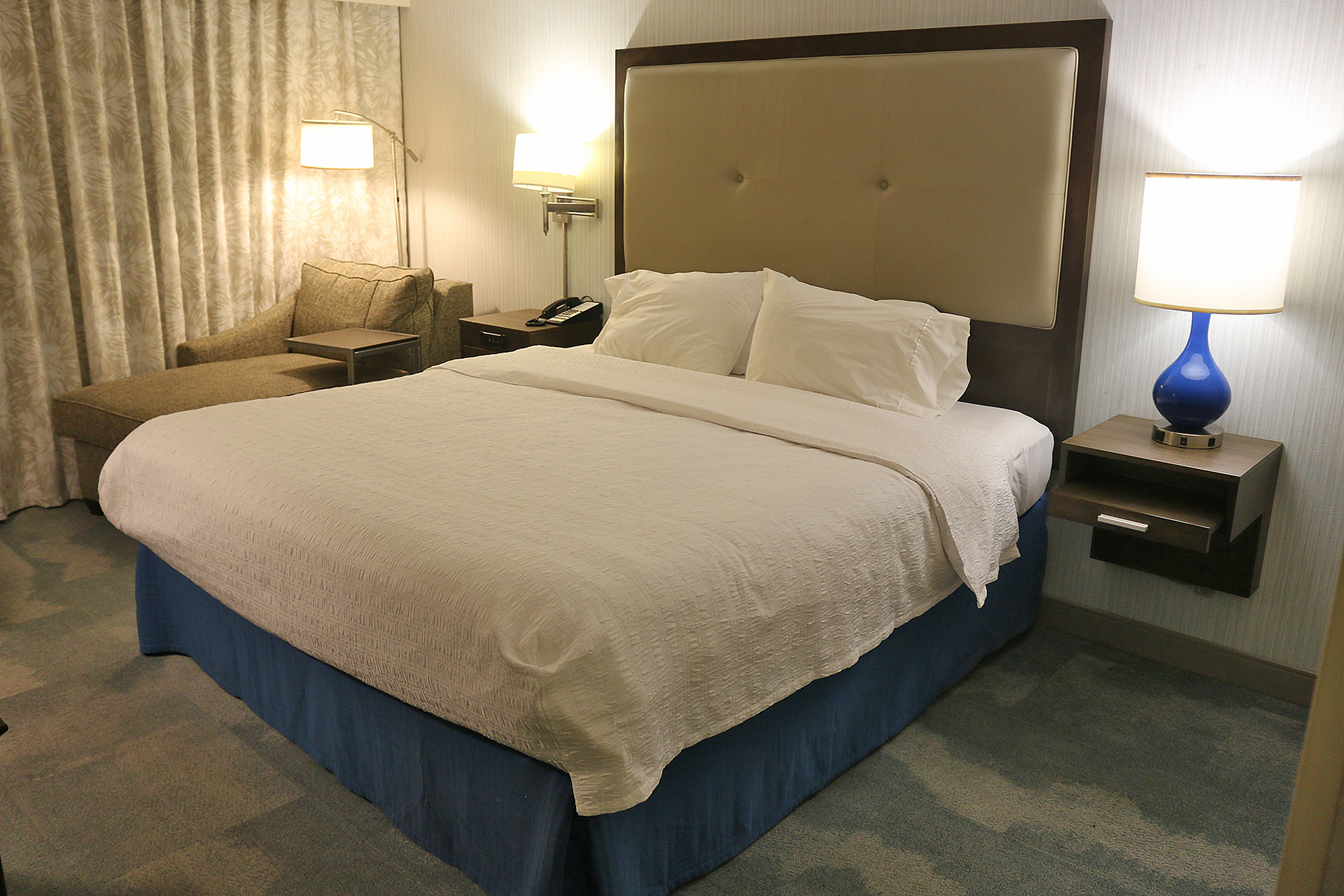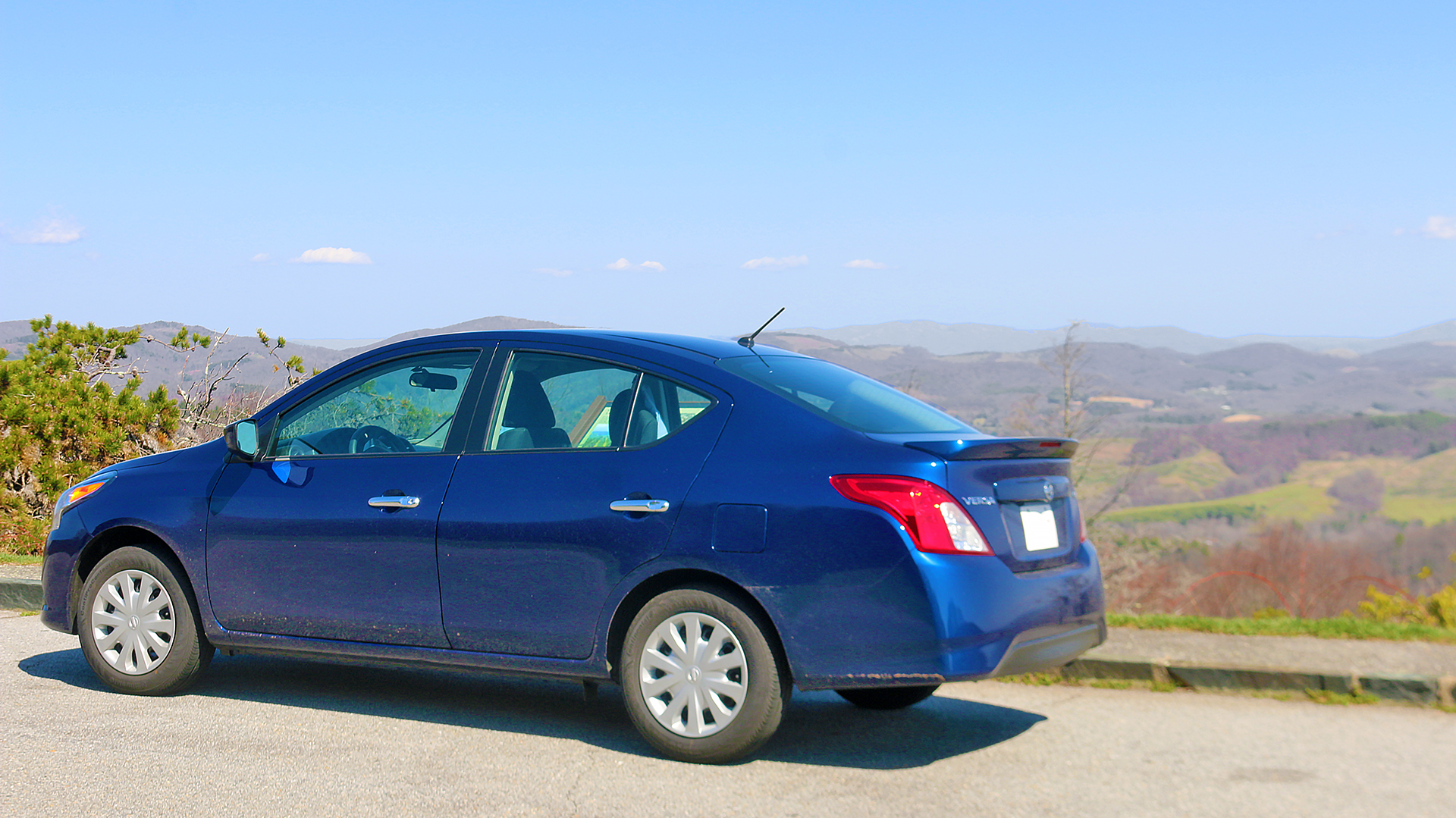Mandatory resort fees, destination fees, and other types of hidden fees to be prohibited in California in 2024 has been signed into law by Gavin Newsom — who is the current governor of the state — and will be effective as of Monday, July 1, 2024.
Hidden Fees to Be Prohibited in California in 2024

Two senators of the state of California — Bill Dodd and Nancy Skinner — coauthored what was originally Senate Bill 478, which does not only cover lodging. The new law will also cover rental car companies, dealers of motor vehicles and motorcycles, manufacturers of motor vehicles and motorcycles, tickets for live events, restaurants and food delivery, and other companies which conduct business in the state but engage in the practice of resorting to hidden fees.
“Hidden fees are fees in which a seller uses an artificially low headline price to attract a customer and usually either discloses additional required fees in smaller print, or reveals additional unavoidable charges later in the buying process”, according to this official press release from Rob Bonta, who is the current attorney general of the state of California. “These deceptive fees prevent us from knowing how much we will be charged at the outset. They are bad for consumers and bad for competition. They cost Americans tens of billions of dollars each year. They hit families who are just trying to make ends meet the hardest. And, because a growing list of websites, apps, and brick-and-mortar businesses are using them, they penalize companies that are upfront and transparent with their prices. With the signing of SB 478, California now has the most effective piece of legislation in the nation to tackle this problem. The price Californians see will be the price they pay.”
All Kinds of Mandatory Hidden Fees

Mandatory “hidden” fees have become increasingly prevalent within the United States; and they have slowly been spreading to other countries. Lodging companies engage in charging these fees to advertise artificially “lower” rates to attract unsuspecting customers — only to alert the customer pertaining to the addition of mandatory fees during the process of booking a reservation and justifying the extra fee with some nonsense items that are designed to give the illusion of adding value. For example, this mandatory resort fee includes notary services with a maximum of two documents per day.
An increasing number of hotel and resort properties — and even hostels and motel properties, for that matter — have been charging guests a mandatory:
- Resort fee
- Room fee
- Destination fee
- Amenities fee
- Facilities fee
- Damage waiver fee
- Fee for having a safe in the room — but yet the hotel property is not responsible for valuables
- Parking recapture fee — whatever that is
- Historical Commitment fee — which should be more aptly named the Hysterical Commitment fee
Imagine these few of many examples of being:
- Charged as much as $8,257.00 for staying a week at this resort property
- Forced to pay both a service charge and a resort fees on the same hotel folio
- Charged a mandatory resort fee of $40.00 plus tax twice per night of the same stay at the same hotel property
Astonishingly, guests even get to have the privilege of paying taxes on most mandatory fees. In some cases, the mandatory fees are actually more expensive than the room rate itself. For example, a room rate that was advertised at $23.45 per night wound up totaling $79.37 per night when all of the taxes and mandatory fees were added, which is an increase of greater than 238.46 percent — or more than triple the initial advertised rate.
Final Boarding Call

Even though the pressure keeps mounting on the lodging industry to eliminate mandatory hidden “junk” fees — including the Hotel Advertising Transparency Act of 2019; the Hotel Advertising Transparency Act of 2022; the bipartisan Hotel Fees Transparency Act, and an effort by the president of the United States himself with the Junk Fee Prevention Act, the federal government of the United States has done little in favor of the consumer.
Mandatory “hidden junk” fees need to cease once and for all — preferably without inept government intervention — but at least they will be illegal in the state of California, which should at least be a small victory for the consumer.
All photographs ©2006, ©2016, 2018, and ©2020 by Brian Cohen.

